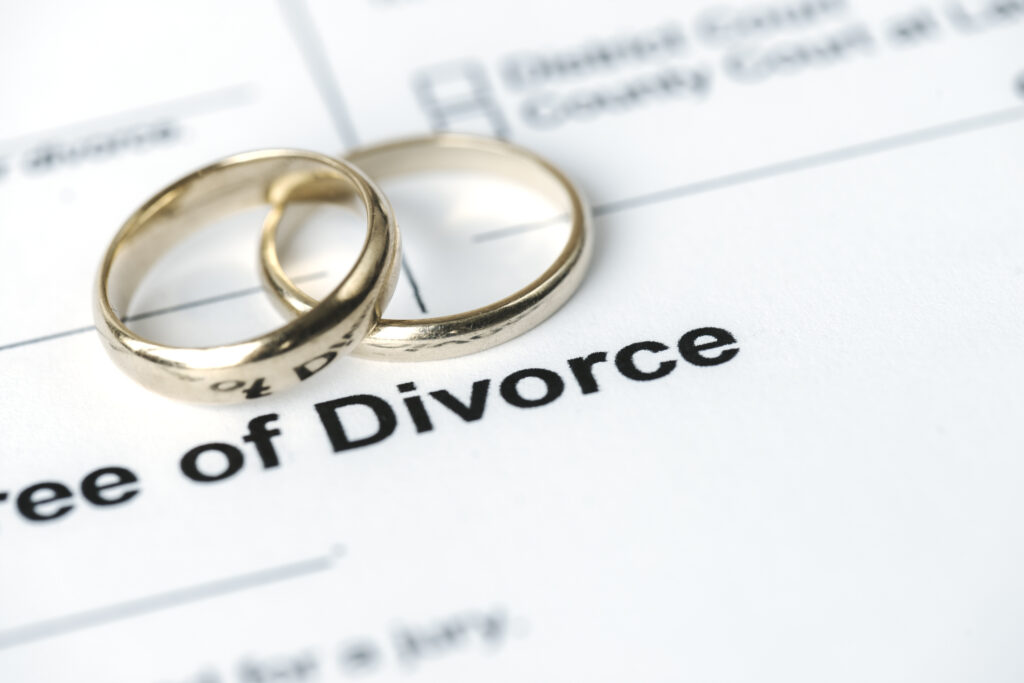
What Is a Divorce Decree?
A divorce decree is a court order legally ending a marriage. Once entered, both parties to the marriage can move on to their separate lives. However, a divorce decree does not relieve you of any joint debt or contractual obligations. If divorce is entered without filing for and including causes of action for post-separation support, alimony, or equitable distribution, any right to pursue these is lost. If there are minor children, a divorce decree does not affect your right to file or seek custody and child support.
What Does a Divorce Decree Look Like?
In North Carolina, a Divorce decree can be as simple as a judgment of Absolute Divorce reciting the statutory requirements for entry. It can also include or incorporate terms of a separation agreement in which the parties have agreed on child custody, child support, post-separation support, alimony, and equitable distribution. If a separation agreement is incorporated within a divorce decree, its terms become an order of the Court, and the parties are subject to the contempt powers of the Court should they violate the terms of their separation agreement.
How Do I Get a Divorce Decree?
To get divorced in North Carolina, you or your spouse must have lived in North Carolina for at least six months, and you must have been separated from each other for at least 12 months with no intention or resumption of your marital relationship within that period. As mentioned above, to preserve a right to post-separation support, alimony, and equitable distribution, you must file a separate lawsuit to include or preserve them in your divorce complaint. The considerations for these rights vary based on each marriage and the individual’s specific facts and circumstances.
Depending on the length of the marriage, if there are children, – the number of those children, and the marital property and debt, the cost and complexity of divorce can vary significantly, if not exponentially. Resolving these issues can take substantial time and financial resources, which increase considerably should you have to, or choose to, litigate them to resolve them. All of these issues have both a practical value and an emotional value. The former, almost any competent lawyer can help you determine. The parties determine the latter. The process of bringing both of these values into balance controls the amount of time, frustration, and expense. To make a fully informed decision, you should seek the advice of a family law lawyer.
How Do I Find Divorce Records in NC?
Obtaining a copy of your divorce decree in North Carolina requires you to request a copy from the clerk or Vital Records in the county where the decree was entered. You will need a valid state or photo identification such as a driver’s license, passport, Military ID, or state or government agency ID.

